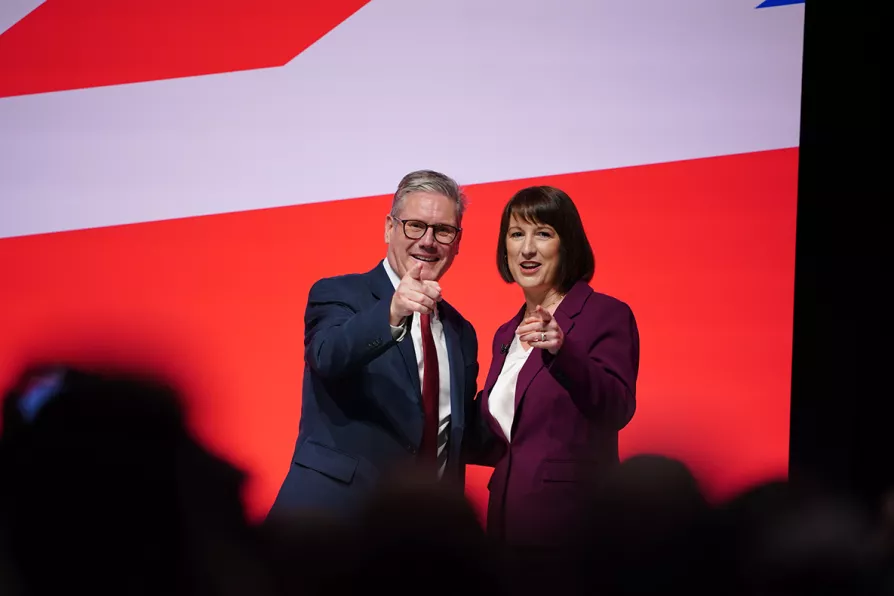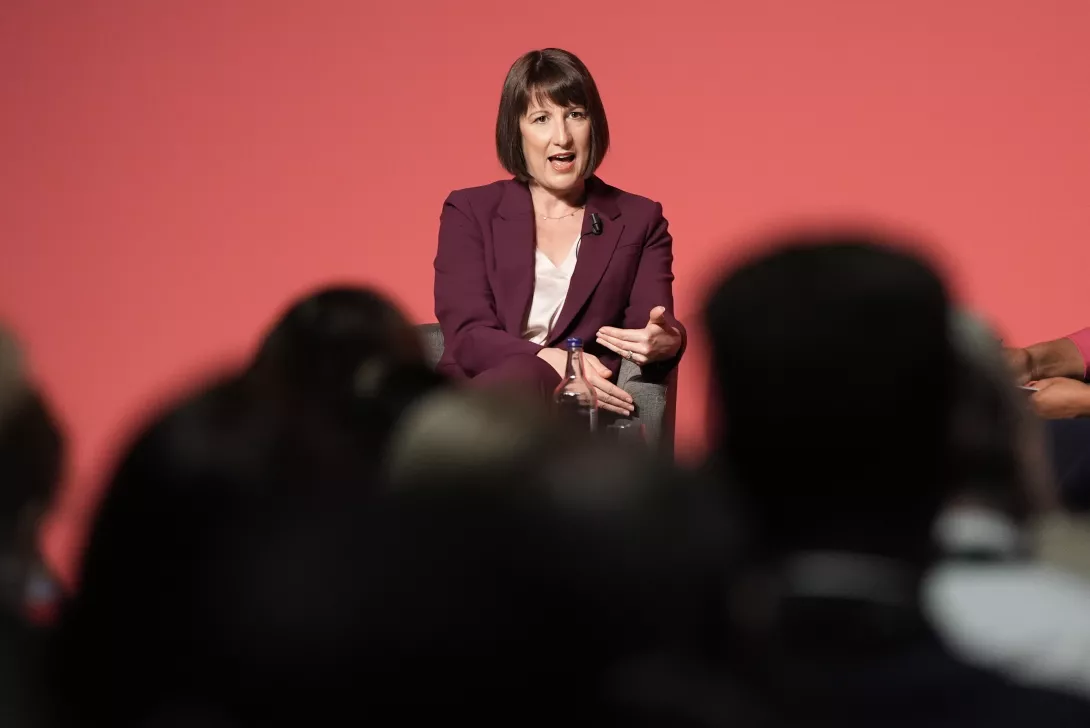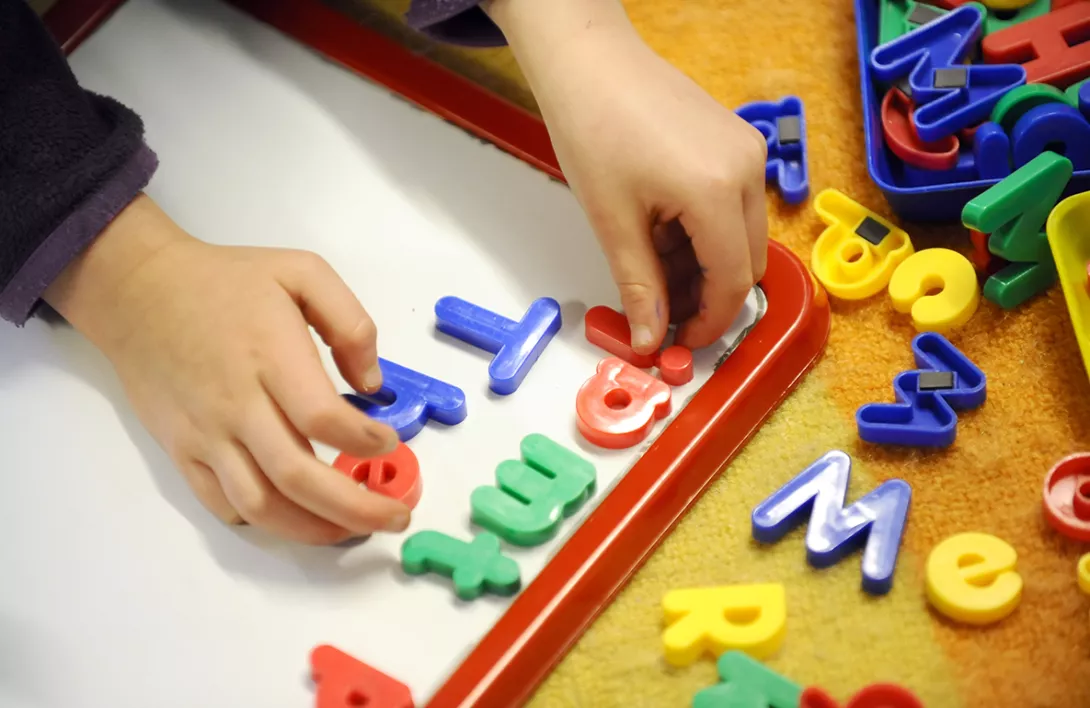The proxy war in Ukraine is heading to a denouement with the US and Russia dividing the spoils while the European powers stand bewildered by events they have been wilfully blind to, says KEVIN OVENDEN
The Tories’ poverty Budget: will Labour do better?
We know the Conservatives stand for cuts, destitution, and hungry children – it’s time for Labour to announce the policies that will do the opposite, writes KIM JOHNSON MP

TOMORROW’S Budget looks highly likely to confirm that the government has given up any remaining pretence of a plan to tackle child poverty.
Instead, we’ll see more Tory tax breaks for the rich — including cuts to inheritance tax and lifting the cap on bankers’ bonuses — while squeezing the benefits of those hardest hit by the soaring cost-of-living crisis.
Economic growth has reduced to a snail’s pace. The Tories have left us with record debt levels, taxes at a 70-year high, and decimated public services for the foreseeable future.
More from this author

Despite cruel US sanctions, Cuba continues to offer global humanitarian aid and support peace processes, writes KIM JOHNSON MP, urging others to follow Unison’s lead in practical solidarity with the besieged socialist island
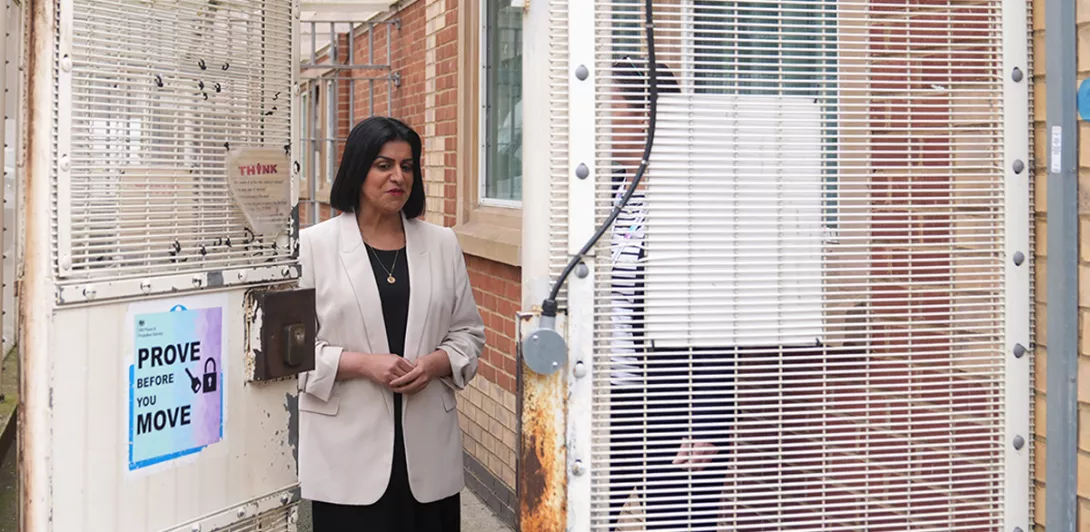
Action for justice is needed as there are currently 3,000 prisoners behind bars under ‘Imprisonment for Public Protection,’ even though this type of sentence was abolished in 2012, argues KIM JOHNSON MP
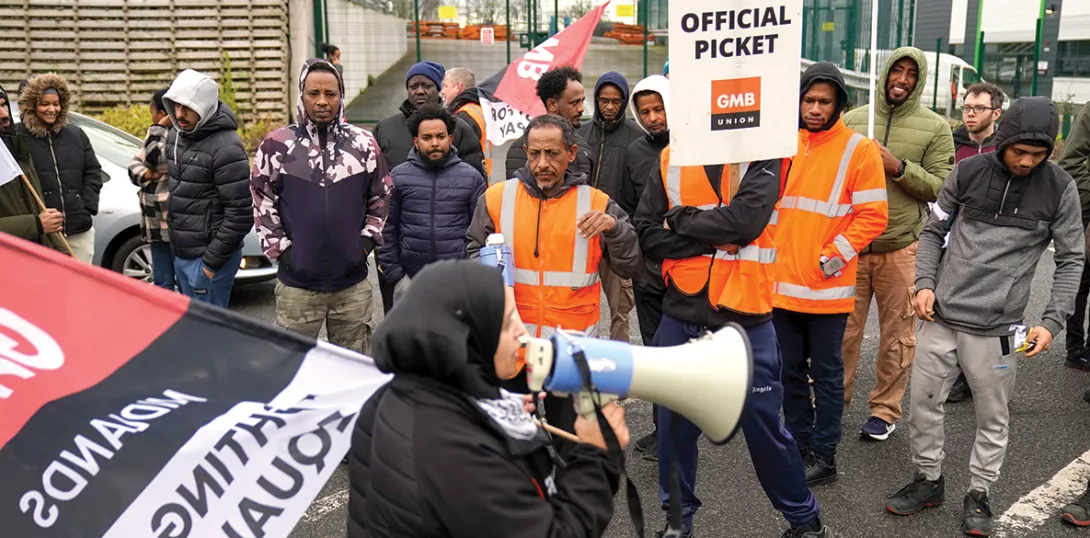
Policies that favour the workers are not won in Parliament, they are won in the workplace, argues KIM JOHNSON

KIM JOHNSON MP explains why a simple change to the law could keep many innocent people out of prison
Similar stories










